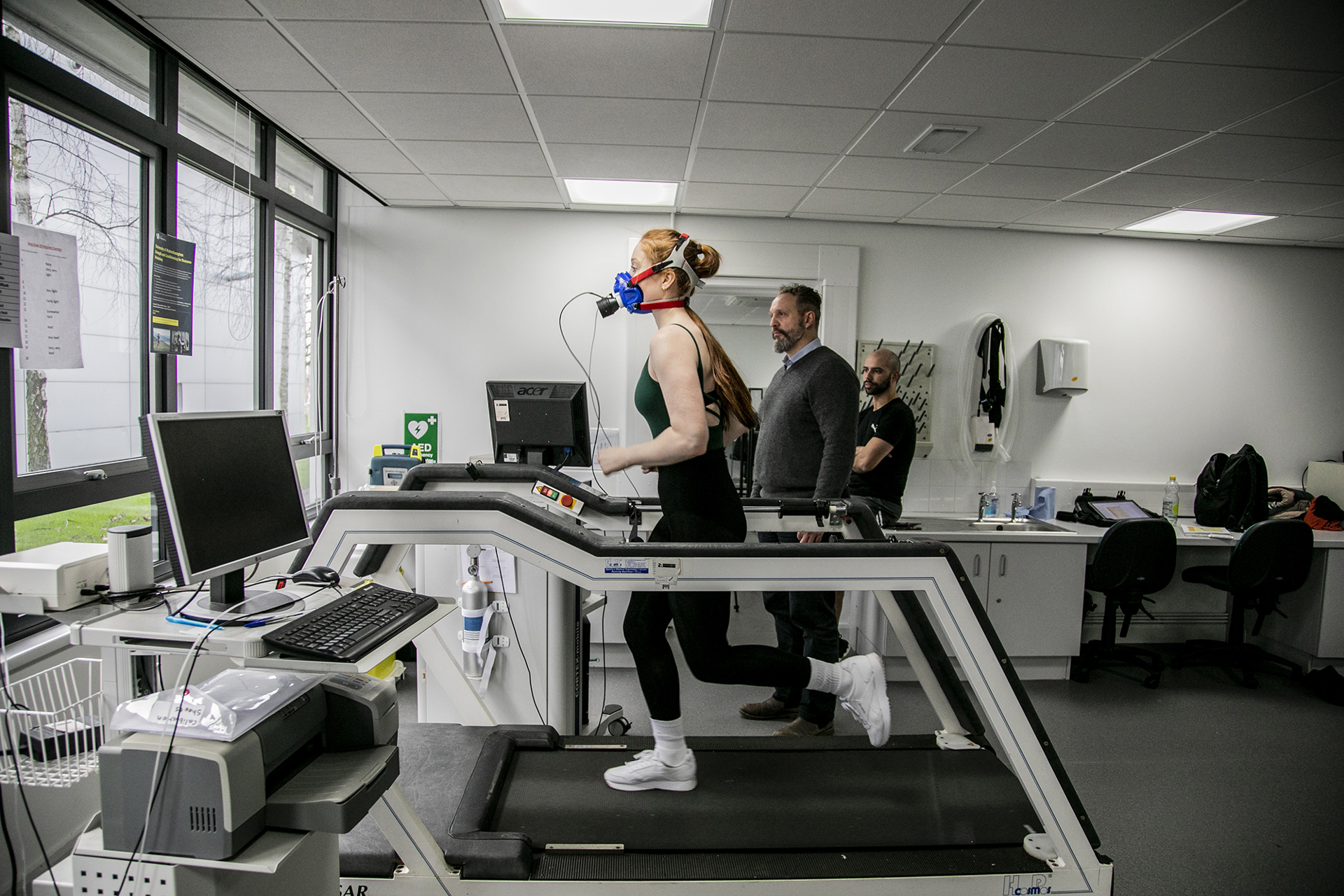Project summary:
My name is Maria Kolitsida and as part of my PhD project, I am exploring dance students’ understanding and experiences of self-harm, as well as investigating different factors that may relate to self-harm in private school dance students in the United Kingdom.
The University of Birmingham in collaboration with One Dance UK and the National Institute of Dance Medicine and Science (NIDMS) are conducting research to support dance teachers in private dance schools to respond to safeguarding concerns around self-harm in their students.
Our research has already highlighted that dance teachers are seeing an increase in the number of students who self-harm and need additional guidance and education for responding to self-harm in private dance education.
Thus, this two-fold research project aims to:
- Understand more about self-harm in dance students (i.e., what proportion of students self-harm and how/why they may self-harm).
- Investigate the best way of providing education to dance teachers about self-harm by pilot testing an educational workshop on self-harm for private dance schools.
Research Setting:
If you decide to take part in the study, you will be asked to sign a consent form. After consenting to take part, you will be asked to complete a questionnaire. The first section will ask you to provide some basic information about yourself (e.g., gender, age) and some details about your dance participation (e.g., which dance styles you take class in, how long you have been dancing). Then you will be asked to answer some questions regarding your thoughts and experiences of self-harm and disordered eating. You will also be asked to complete questions about how you regulate your emotions, cope with stress or problems and the type of support you receive from your social relationships. The final section of the questionnaire will also ask you about your experiences of perfectionism in dance.
The entire questionnaire should take 20-30 minutes to complete. Should you wish to, you are free to refrain from answering any of the questions in the questionnaire. All questionnaire responses will be kept in either a locked cupboard at the University of Birmingham or on the University’s secure network drives until the analysis is completed and only the research team will have access to them.
Dance students will complete a confidential survey on their thoughts and/or experiences of self-harm, disordered eating and dance education. They do not need to have personal experience of self-harm to take part. Dance students can access and complete the survey here: https://app.onlinesurveys.jisc.ac.uk/s/bham/self-harm-in-dance-students
Confidentiality and ethical approval:
This research will be confidential. No one outside the research team will know that you have taken part in this research and will be able to link any of your data back to you. To protect your identity, where direct quotes of what you have mentioned are included in publications or presentations of the research, these will not contain any information that could identify you or anyone that you have mentioned. Any identifiable information of yourself or those you mention will be removed from the questionnaire responses when these are stored electronically on the University’s secure network drives. All data will be handled in line with the General Data Protection Regulation (GDPR) (2018). This project has been granted ethical approval by the STEM Research Ethics Committee at the University of Birmingham.
Inclusion Criteria:
Any dance school students between the ages of 16-24 who are currently enrolled in a private dance school in the United Kingdom, regardless of whether or not they have experience of self-harm. A private dance school is a dance school that is not associated with any company, receives no government funding, and students typically pay tuition for the teaching they receive.
Benefits to the participant:
Participants will be entered into a prize draw for a chance to win 2x£50, 2x£25, £5x10 gift cards (you will need to provide your email address to be entered into this). By completing this questionnaire, you will also help us better understand self-harm and which factors may put students in private dance schools at risk of self-harm. There is no risk to your taking part in the study, outside those you would experience in everyday life. Nonetheless, there is a risk that you may find answering some of the questions upsetting. If this occurs, you do not need to answer the question. You may also choose to pause or completely stop your participation at any point. Any decision you make will be respected and resources are available at the end of this information sheet if you need additional support.
Contact details for the researcher:
Name: Maria Kolitsida
Email: MXK029@student.bham.ac.uk

